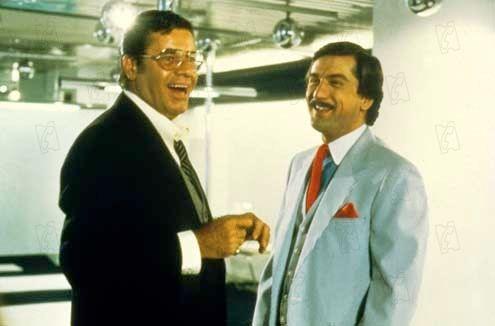The Legacy of Martin Scorsese: A Cinematic Journey

Introduction
Martin Scorsese is widely regarded as one of the most influential filmmakers in the history of cinema. His unique storytelling style, innovative techniques, and exploration of complex characters have made a significant impact on the film industry. As Scorsese continues to create critically acclaimed work, understanding his contributions and evolution as a director is essential for both film enthusiasts and aspiring filmmakers.
Early Life and Career
Born on November 17, 1942, in New York City, Scorsese was influenced by the vibrant culture and the gritty reality of urban life around him. He studied film at New York University, where he developed a passion for storytelling through camera work. His early films, including “Who’s That Knocking at My Door” (1967) and “Mean Streets” (1973), began to establish his trademark style of raw realism and character-driven narratives.
Iconic Works
Scorsese’s filmography spans several decades and includes some of the most acclaimed films in history. Movies like “Taxi Driver” (1976) and “Raging Bull” (1980) not only showcased his skill in directing but also highlighted troubling yet relevant themes like madness, loneliness, and redemption. His collaboration with actors such as Robert De Niro and Leonardo DiCaprio has resulted in masterpieces such as “Goodfellas” (1990) and “The Wolf of Wall Street” (2013), signalling Scorsese’s ability to adapt to changing cinematic trends while maintaining his artistic identity.
Recent Projects and Reflections
In recent years, Scorsese has focused on both feature films and documentaries, bringing fresh perspectives to historical events and modern issues. His most recent film, “Killers of the Flower Moon,” set to release in 2023, addresses the chilling murders of Osage Nation members in the 1920s, providing a stark reflection on systemic injustice that echoes contemporary debates. Through his work, Scorsese continues to push the envelope while remaining committed to the art of filmmaking.
Conclusion
Martin Scorsese’s influence on cinema is undeniable, as he has shaped the narrative and visual language of film over the years. His relentless quest for storytelling is a testament to his passion and commitment. As audiences look forward to his upcoming projects, there is no doubt that Scorsese’s legacy will continue to inspire and provoke discussion for generations to come.
